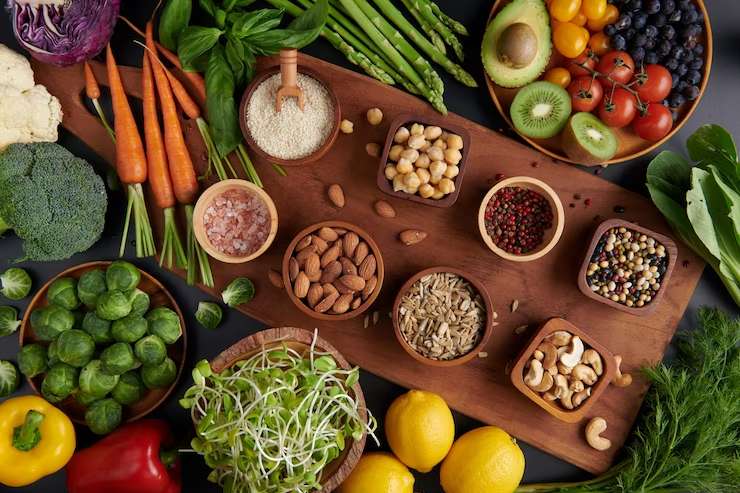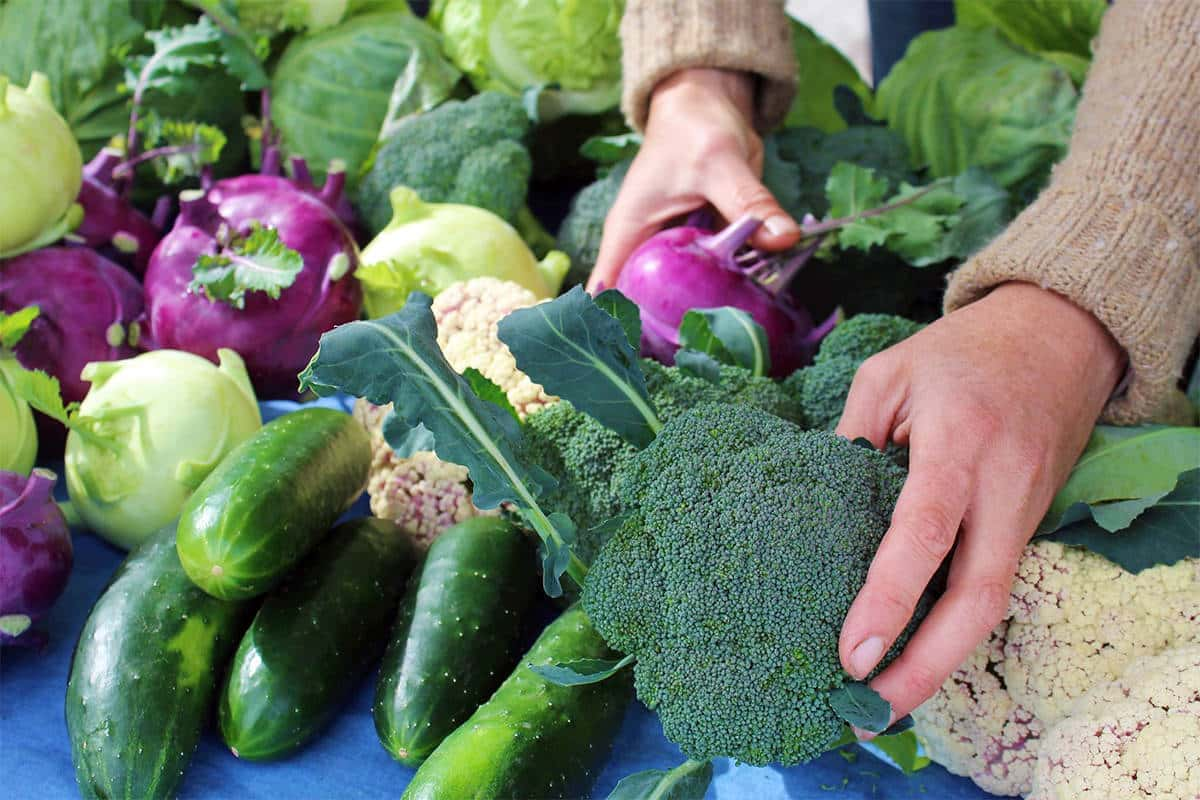What is Veganism?
What is Veganism?
"Veganism is a philosophy and way of living which seeks to exclude—as far as is possible and practicable—all forms of exploitation of, and cruelty to, animals for food, clothing or any other purpose; and by extension, promotes the development and use of animal-free alternatives for the benefit of animals, humans and the environment. In dietary terms it denotes the practice of dispensing with all products derived wholly or partly from animals."
In recent years, the term “Veganism” has become popular. So what is the vegan lifestyle like? What is the culture, view, diet of this Vegan lifestyle? What positive points do it have? Do you know all yet?

1. History of the term Vegan
The term "vegan" was coined in 1944 by a group of vegetarians who broke away from the Leicester Vegetarian Association in the UK to form the Vegan Society. They chose not to consume dairy, eggs, or any other products of animal origin, limiting their intake of meat as well as the vegetarians. In English, the term "vegan" is a combination of the first and last letters of "vegetarian."
2. Definition of Veganism
Veganism is defined as a way of life that strives to exclude all forms of animal exploitation and cruelty for the purpose of exploiting food, clothing or any other purpose.
3. What is the view of vegans?
They believe that every living being has the right to life and freedom. They are therefore opposed to ending the life of a conscious being simply to serve human life.

4. The Positives of the Vegan Diet
Health.
Vegan diet may reduce the risk of heart disease, type 2 diabetes, cancer, and early death. Reducing consumption of animal products may also reduce the risk of Alzheimer's disease or death from cancer or heart disease. Some people choose a vegan diet to avoid the side effects associated with antibiotics and hormones used in modern animal agriculture.
Studies consistently link vegan diets with lower body weight and body mass index (BMI). Some people may choose these diets to lose weight.
Environment
Choosing to avoid the use of animal products is choosing to avoid the impacts of livestock farming on the natural environment.
A 2010 United Nations (UN) report asserted that animal products often require more resources and cause higher greenhouse gas emissions than plant-based options. For example, livestock farming contributes to 65% of global nitrous oxide emissions, 35–40% of methane emissions, and 9% of carbon dioxide emissions. These chemicals are considered the three main greenhouse gases associated with climate change.
Animal husbandry is a water-intensive process. For example, to produce 0.5kg of beef, one needs between 1,700 and 19,550 liters of water, 43 times more water needed to produce the same amount of grain.
Livestock farming can also lead to deforestation when forested areas are burned for cropland or pasture. This habitat destruction is thought to contribute to the extinction of many different animal species.

5. Types of veganism
The main categories of this eating pattern are diet, whole foods, junk food, raw foods, and low fat, raw vegan diets.
- Dietary vegans people who use the term "Vegan diet" instead of the term "plant-based diet", which refers to people who avoid animal products in their diets. their diet, but continue to use other products made from animals, such as clothing and cosmetics.
- Whole-food vegans
These people advocate a diet rich in whole foods, such as fruits, vegetables, whole grains, legumes, nuts, and seeds.
- Raw-food vegans - Raw-food vegans, who choose to eat only foods that are raw or cooked to temperatures below 118°F (48°C).
- Low-fat, raw-food vegans - Low-fat, raw-food vegans, also known as fruit eaters, this subset restricts high-fat foods, such as nuts, avocados and coconuts, relying mainly on fruit instead. Other plants are occasionally eaten in small amounts.
6. Foods that Vegans avoid
Vegans avoid meat, chicken, fish, shellfish, eggs, milk and honey, as well as any other products that contain additives of animal origin.
Furthermore, vegans avoid any ingredients derived from animals, such as albumin, casein, carmine, gelatin, pepsin, shellac, isinglass, and whey.
Foods that contain these ingredients include some beers and alcohols, marshmallows, breakfast cereals, marshmallows, and chewing gum.
Compiled and penned by Crocus Media


